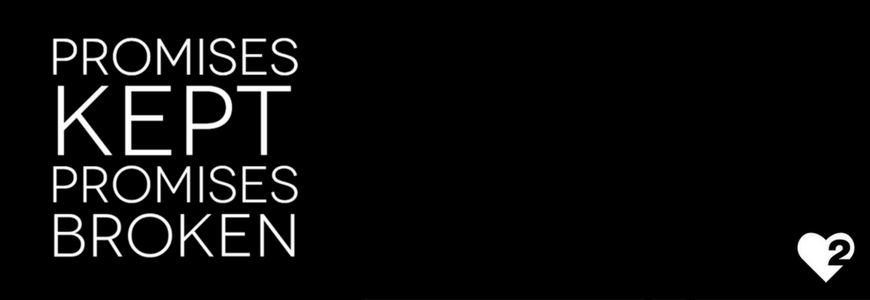Making promises and keeping them is a great way to build a brand. -Seth Godin
Here is the audio version of this post. Thanks so much for listening. Enjoy.
Building a brand is no different from building a relationship or a business. So much of it is about trust and trust is born out of promises kept.
The Promises
- A service and product promises a result.
- A program promises an action.
- A friend promises to show up on time, return a call, email or text.
- A leader promises to lead.
- A manager promises to manage.
- A team member promises to do their best work and support the team and vision.
The Brands
- Starbucks promises an experience.
- Zappos promises to deliver happiness.
- Nike promises to just do it.
- Facebook promises connections.
- Method promises to clean happy.
- Passion Squared promises to empower awesome.
We all have so many choices today on which brands, products and services we can engage with. There are thousands of choices of where to eat, get our hair done, shampoo to buy, clothing to wear, TV to watch, website platforms to use, a coach or mentor to work with.
Many of us continue to search for the secret sauce that will magically make our brand, product or service better.
There is no secret sauce, but there is one thing we all can strive for. Having a clear promise and keeping it.
(shared with LOVE from Nina)



